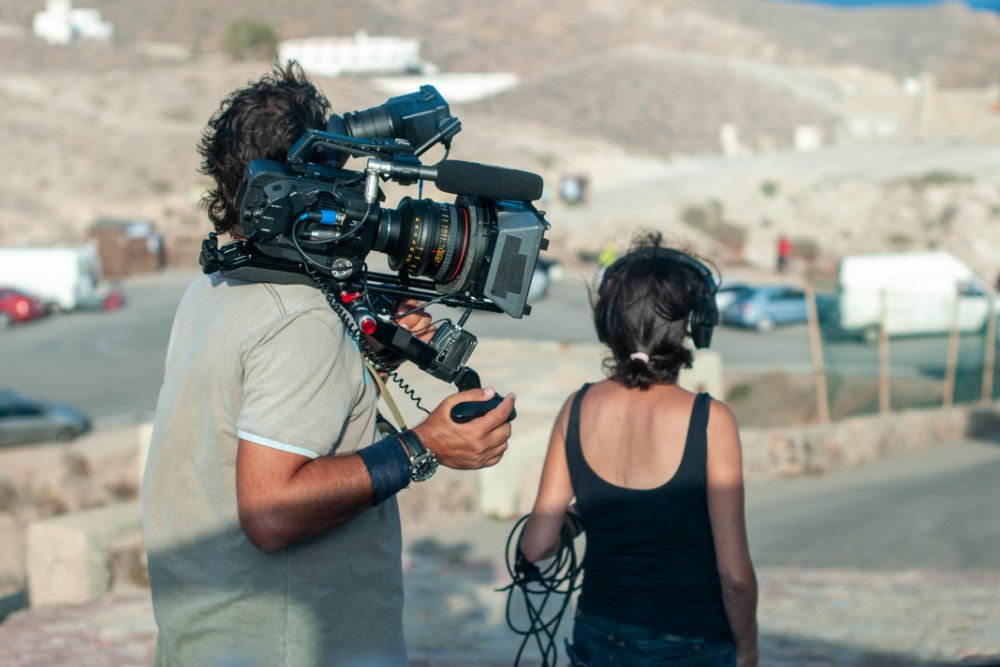And Now for the Details: A Funder Surfaces Tactical Ideas in the Fight Against "Fake News"
/photo: Jakraphong Photography/shutterstock
Back in March, responding to a national election in which "fake news" spread virally, the Knight Foundation, along with the Democracy Fund and the Rita Allen Foundation, launched an open call for ideas around the question: "How might we improve the flow of accurate information?" As part of a larger initiative centered on trust in journalism, Knight and its partners sought out "projects that could be quickly built... to test ideas that respond to the challenges affecting the health of our news ecosystem and ultimately our democracy."
If this sounds like a daunting mission, it most certainly is. Seemingly out of nowhere, addressing "the spread of misinformation" in a social media-driven age has emerged as new and vexing problem for philanthropy. There aren't any playbooks for grantmaking in this area that one can turn to. This is unfamiliar and difficult terrain. Knight's initial call for proposals acknowledged as much, noting, "We understand issues of trust and misinformation are nuanced and complicated, and we are looking for ideas and collaborations that can help bring new voices and vision to these debates."
So what kinds of ideas did the call for proposals bring forth? Upon reviewing over 800 ideas, Knight identified three main themes across the 20 winning projects.
First, citizen journalism/news engagement. Ideas in this area "explore models to involve the public in the news gathering process. These projects aim to increase trust in journalism by demystifying the processes by which news comes to be."
Second, media/news/information literacy. Projects here educate people to be discerning news consumers to effectively gauge quality and truthfulness.
And third, fact checking. By using computers to identify facts and debunk false information, and assigning quality scores to news, these projects "aim to find ways to ensure accuracy and address the spread of misinformation."
The winning projects will receive a share of $1 million through the Knight Prototype Fund.
The initial announcement in March by Knight and its two funding partners came a few months before the News Integrity Initiative (NII), announced its own "roadmap" for fighting fake news. When I first reported on this initiative, I wondered how an anti-fake news strategy would play out in the operational sense:
Would participants address technology's role in determining what is "fake?" Would it bolster the resources and reach of producers of "real" news? Would it better educate consumers to assess the quality of the information they encounter online? All of the above?
Roadmaps are, by definition, conceptual and thematic, and NII's, as articulated by Managing Director Molly de Aguiar, was no exception, stressing the virtues of collaboration, education, and trust, with technology as a tool rather than a panacea.
And while Knight's winners also embrace trust and education, they go a step further, contributing valuable and implementable guidance to the anti-fake news cause. This is important stuff. We're finally migrating from the realm of the conceptual to the operational.
Examples of winning projects include Glorious ContextuBot, a tool that provides the original source of individual clips to make people better consumers of online content, and the Documenters Project, which aims to strengthen local media coverage and build trust in journalism by creating an online network of citizen "documenters."
To that end, it's also worth pointing out that when unveiling the NII's roadmap, de Aguiar didn't use words like "technology" or "tools" in her post. The same can't be said when scanning the list of the Knight Prototype Fund winners, where winning projects embrace technologies like data visualization, mobile gaming, web-based analytics, algorithms and machine learning.
Of course, the entire purpose of this broad, unprecedented anti-fake news crusade is the degree to which the involved parties will share information. The NII receives funding from Knight and Pierre Omidyar's Democracy Fund, as well as Facebook, the Craig Newmark Philanthropic Fund and the Ford Foundation, so this is a team effort in the truest sense. The NII effort may not be technologically focused just yet, but given Knight's work in the field and Facebook's support, that could change.
At the very least, Knight has provided a much-needed operational and tactical baseline moving forward.
In related news, Knight also announced that four community foundations will join a new "design lab to help them find ways to ensure their communities are informed about issues important to them." This Knight Community Information Lab will guide participating foundations through an 18-month "human-centered design process" to get to the "heart of the information gaps in their community, prototype ideas and develop long-term solutions with the input of local residents."
The lab initiative has its roots in the Knight Community Information Challenge, which launched in 2008 as the disruptions of the digital age dramatically affected communities and newsrooms.







































